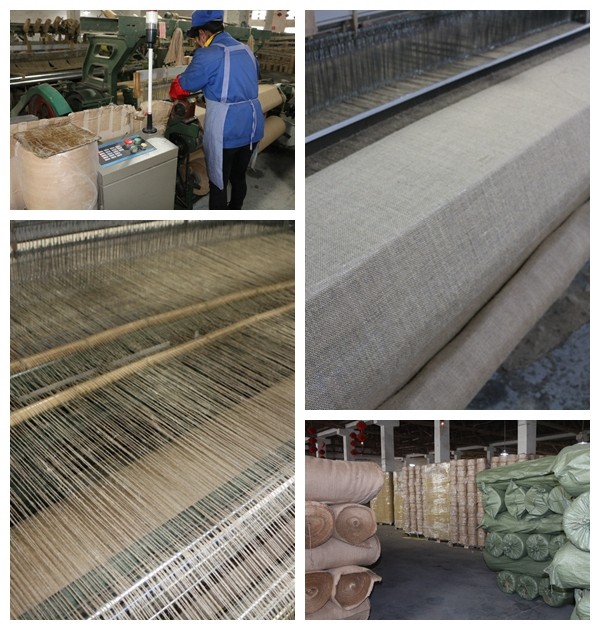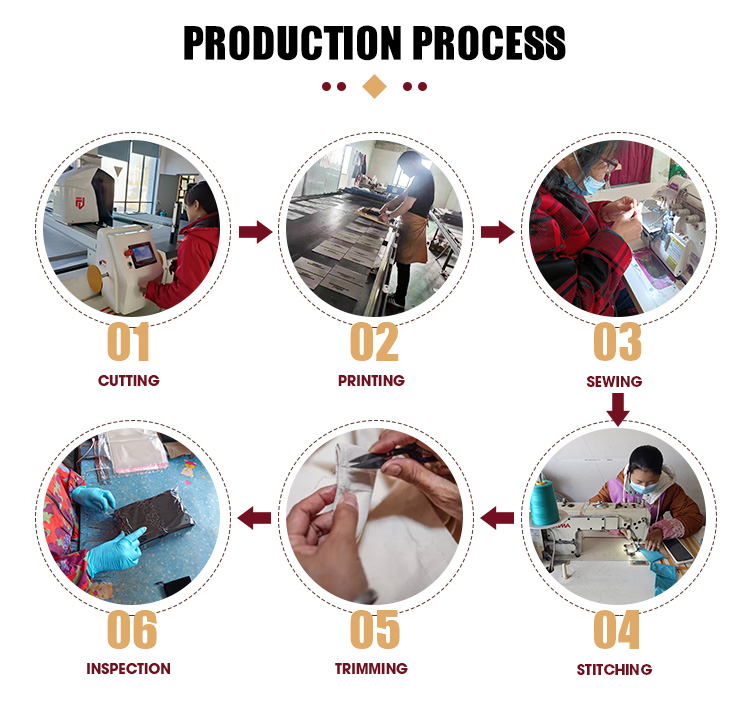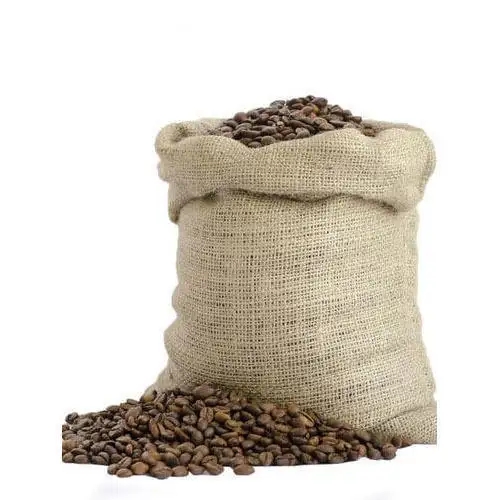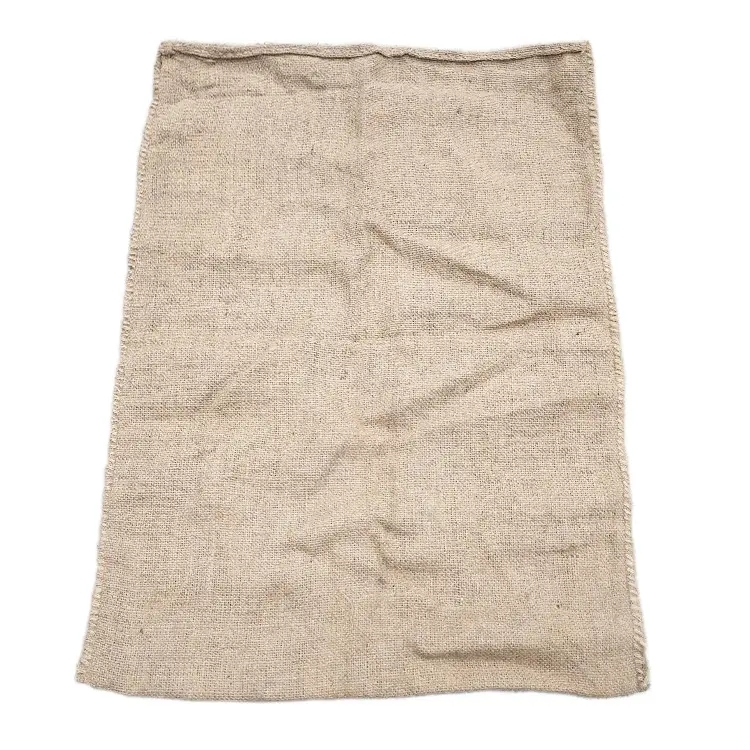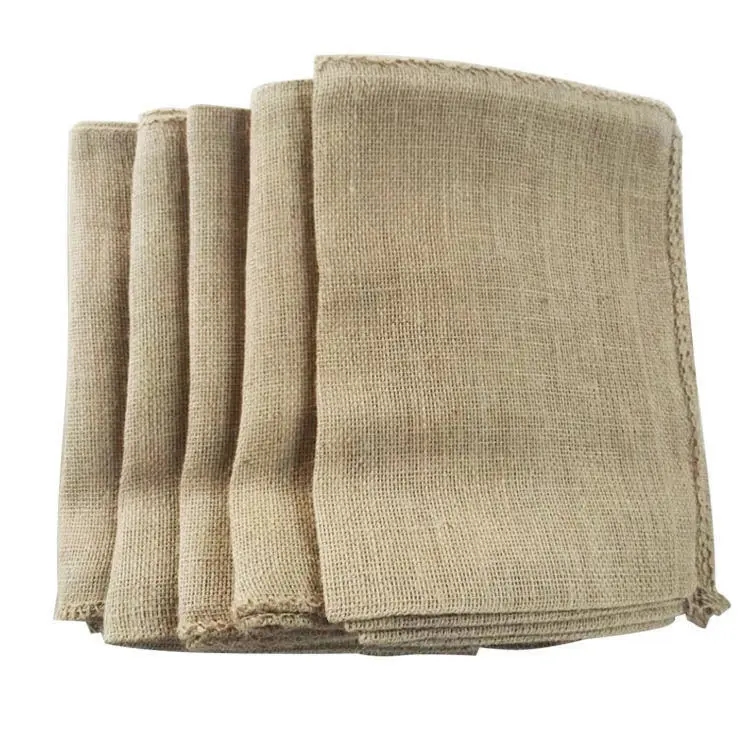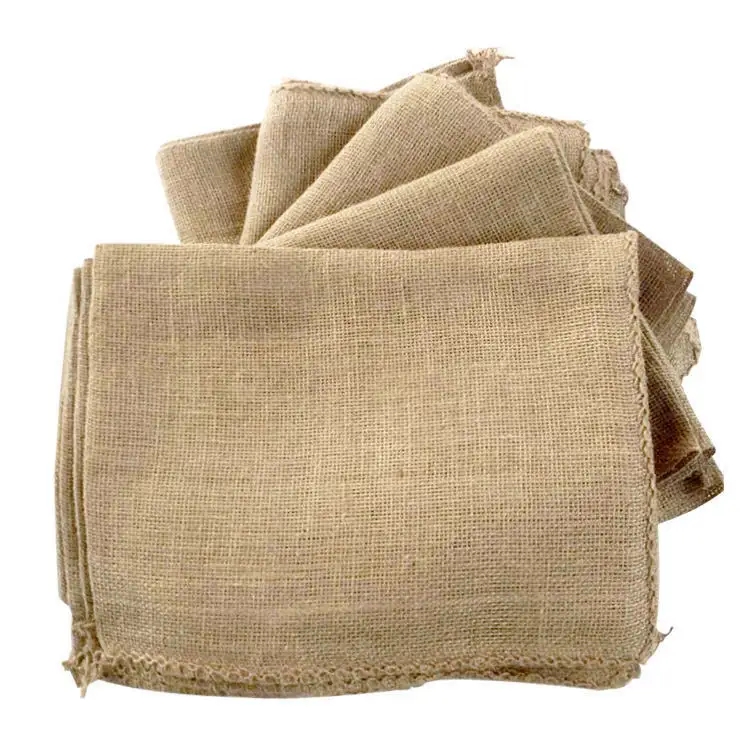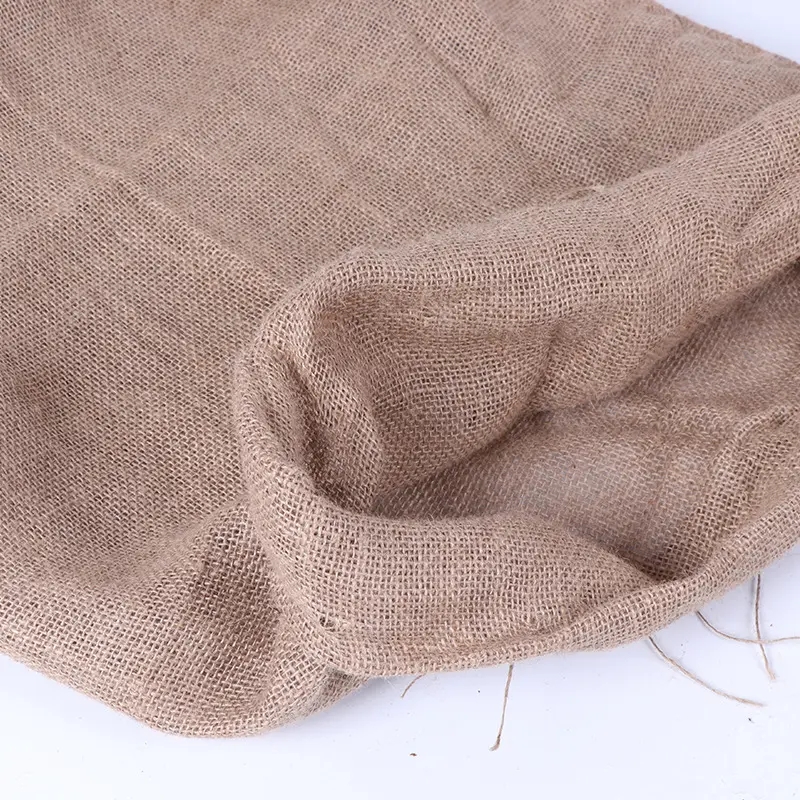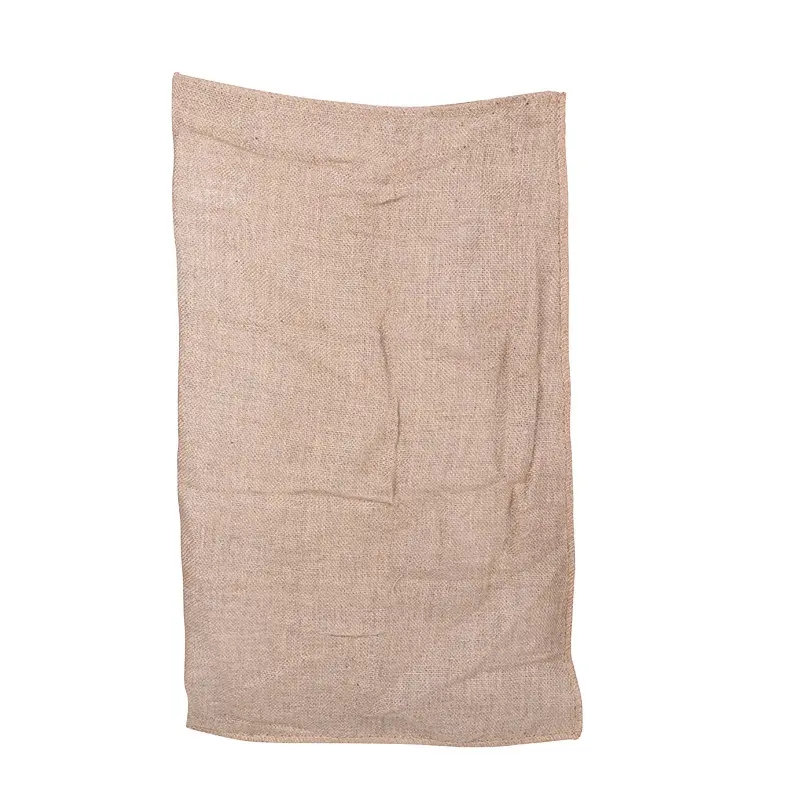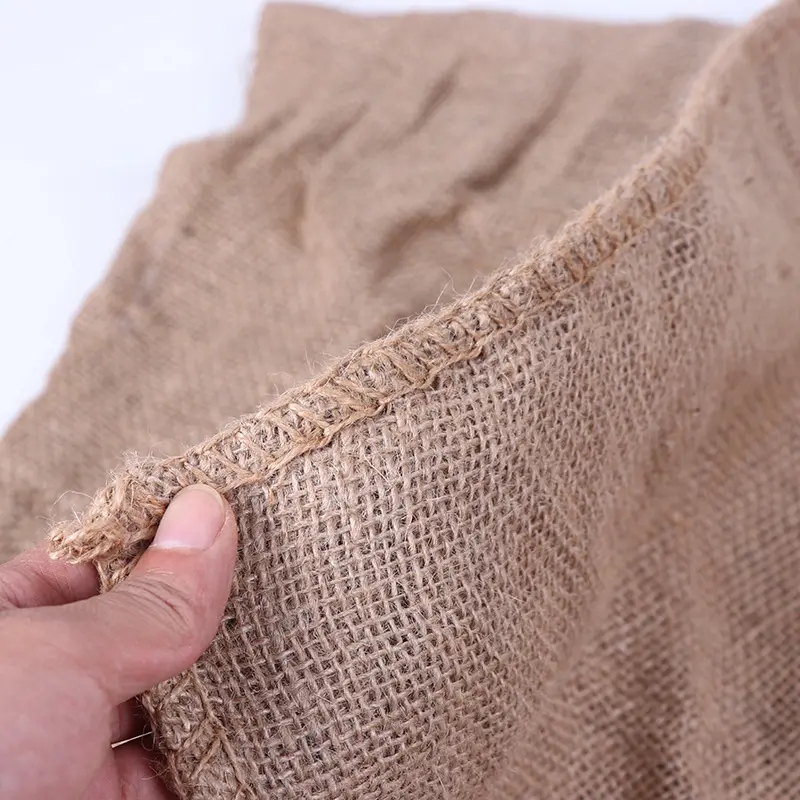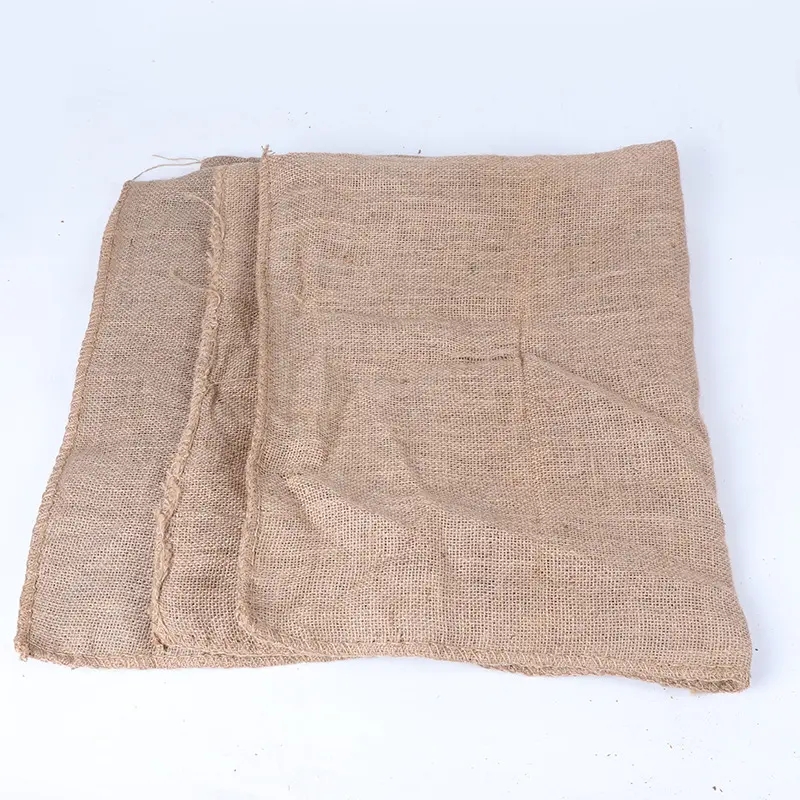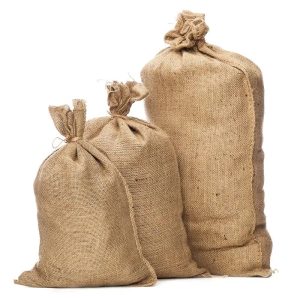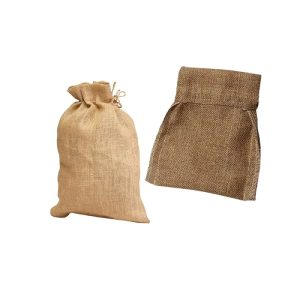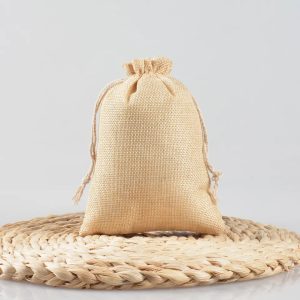Jute Sacks: A Sustainable Marvel in Packaging Solutions
Introduction: As the global focus on environmental sustainability intensifies, industries are increasingly seeking packaging solutions that align with eco-friendly principles. In this context, the prominence of jute sacks has surged. These sacks, woven from the resilient fibers of the jute plant, exemplify a harmonious blend of strength, versatility, and environmental consciousness. This article delves into the unique attributes of jute sacks, emphasizing their ecological benefits, durability, and contributions to a greener future.
A Symphony of Eco-Friendliness: Jute sacks stand as a tribute to nature’s brilliance. Composed entirely of natural jute fibers, these sacks possess the remarkable ability to biodegrade, leaving no harmful residues in their wake. This biodegradability aligns seamlessly with the global imperative to reduce plastic waste and opt for materials that leave minimal ecological impact.
Might and Resilience: The inherent strength of jute fibers translates into sacks that are robust and dependable. These sacks boast the capacity to carry substantial loads without compromise, safeguarding their contents during transportation. Whether it’s delicate produce or heavy machinery parts, jute sacks provide a protective cocoon.
Versatility Redefined: The versatility of jute sacks knows no bounds. Their natural breathability facilitates proper air circulation, making them an ideal choice for goods that require ventilation. Simultaneously, their strength allows them to carry various commodities, from food items to raw materials. This adaptability contributes to their widespread use across industries.
Sustainability in Every Strand: Jute sacks strike a delicate balance between cost-effectiveness and environmental stewardship. Their affordability, when compared to synthetic alternatives, makes them an attractive option for businesses mindful of both their budgets and ecological impact. Additionally, the cultivation and processing of jute involve fewer chemicals, contributing to a lower carbon footprint.
The Cycle of Renewal: Jute sacks champion the principles of a circular economy through their recyclability. Beyond their primary purpose, they find new life in repurposed forms, minimizing waste and fostering resourcefulness. The jute industry’s commitment to this circularity amplifies its dedication to sustainability.
Conclusion: Forging a Greener Path: Jute sacks epitomize the transformation towards responsible packaging that harmonizes strength, versatility, and environmental integrity. Their biodegradability, inherent strength, and potential for recycling position them as catalysts for change in an era that demands conscious choices. As industries and consumers alike seek sustainable alternatives, jute sacks stand as a beacon, pointing the way towards a future where innovation meets ecological preservation.


